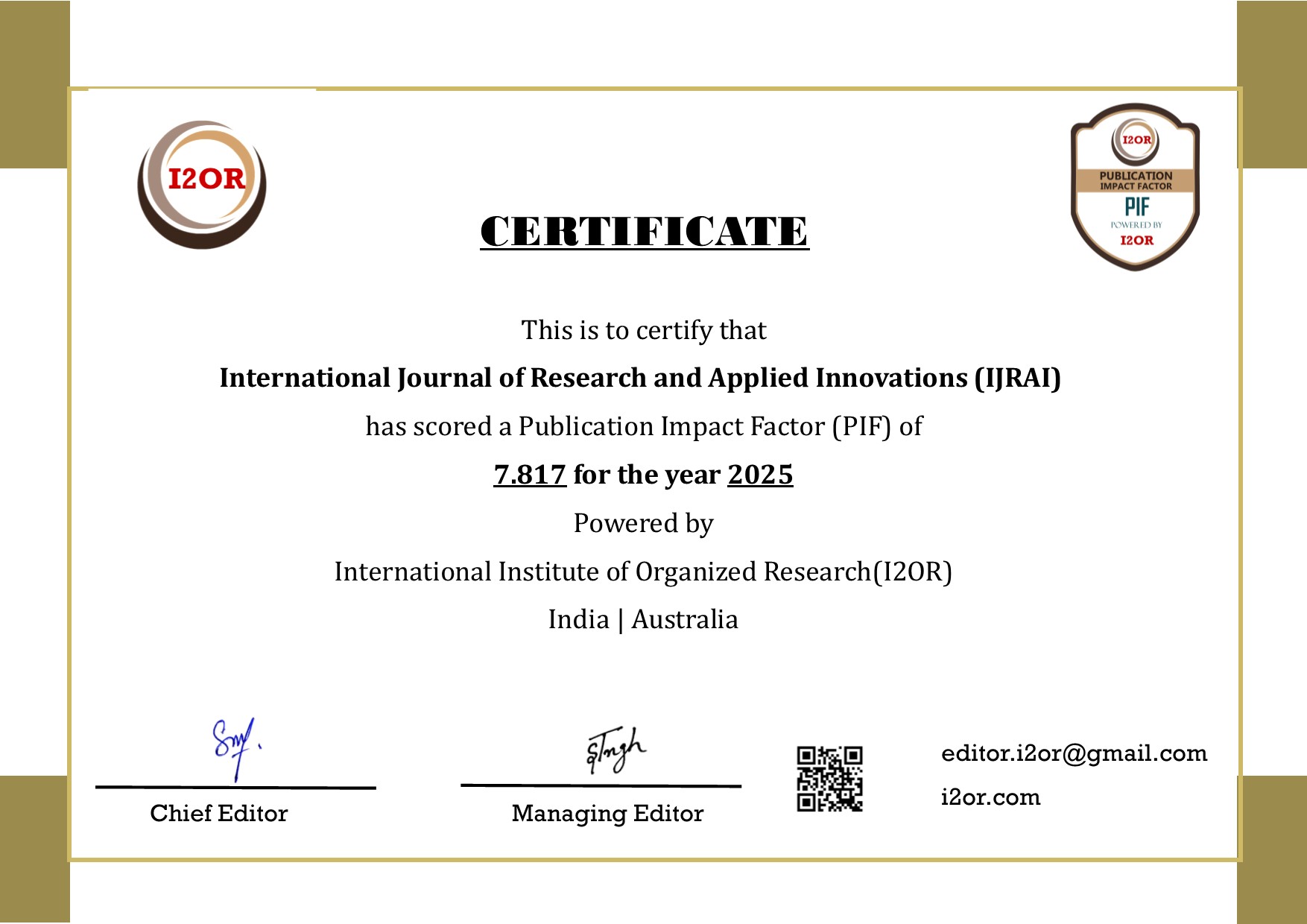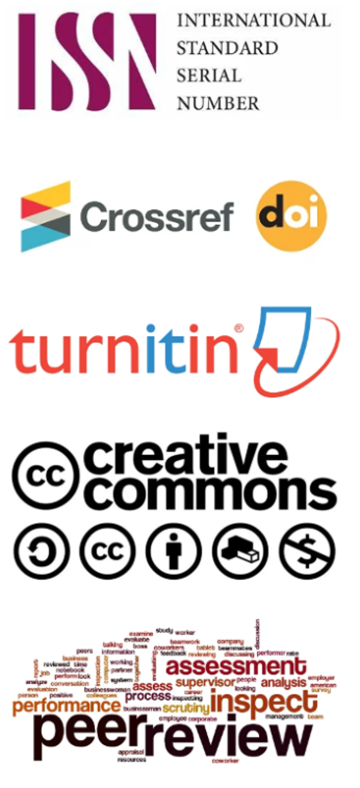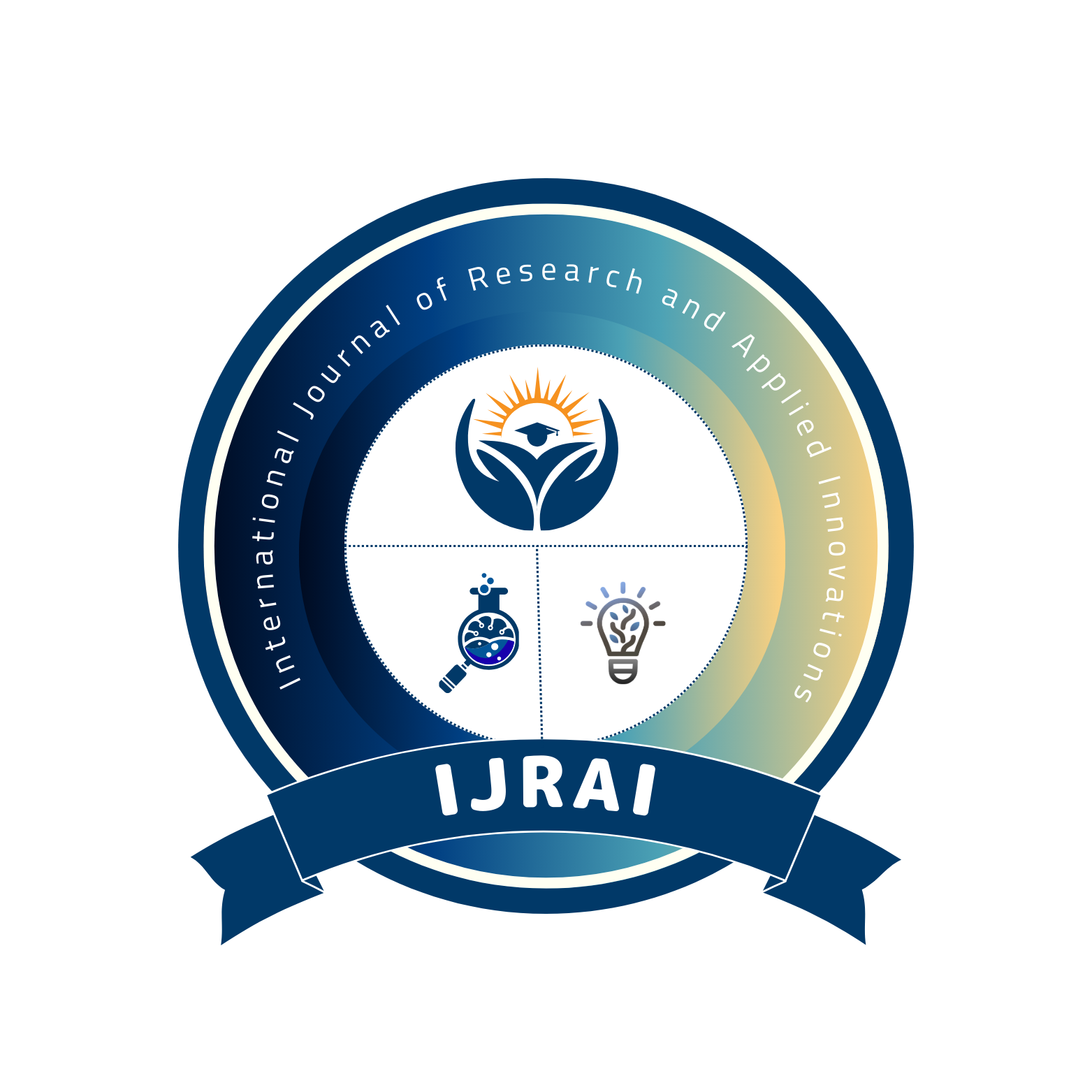AI-Assisted Traffic Signal Control for Urban Corridors
DOI:
https://doi.org/10.15662/IJRAI.2019.0202001Keywords:
AI-assisted traffic signal control, urban corridors, reinforcement learning, multi-agent systems, adaptive traffic management, real-time traffic data, smart cities, traffic optimizationAbstract
Urban traffic congestion remains a significant challenge in metropolitan areas, leading to increased travel times, fuel consumption, and environmental pollution. Traditional traffic signal systems often operate on fixed schedules, failing to adapt to real-time traffic conditions. This paper explores the application of Artificial Intelligence (AI) in optimizing traffic signal control within urban corridors. By leveraging AI techniques, traffic signals can dynamically adjust to fluctuating traffic volumes, enhancing traffic flow and reducing congestion. The study examines various AI methodologies, including reinforcement learning, multi-agent systems, and evolutionary algorithms, that have been employed to develop adaptive traffic signal control systems. These AI-driven systems utilize real-time traffic data collected from sensors and cameras to make informed decisions about signal timings, aiming to minimize delays and improve overall traffic efficiency. Case studies from cities like Pittsburgh and Ann Arbor demonstrate the practical implementation and effectiveness of AI-assisted traffic signal control systems. The results indicate significant improvements in traffic flow, reduced travel times, and decreased emissions, highlighting the potential of AI in transforming urban traffic management. The paper also discusses the challenges associated with implementing AI-based traffic control systems, such as data privacy concerns, the need for robust infrastructure, and the integration with existing traffic management systems. Additionally, it addresses the importance of scalability and adaptability in deploying AI solutions across diverse urban environments. In conclusion, AI-assisted traffic signal control presents a promising approach to modernizing urban traffic management. By adopting AI technologies, cities can achieve more efficient, responsive, and sustainable transportation systems, ultimately improving the quality of urban life.










